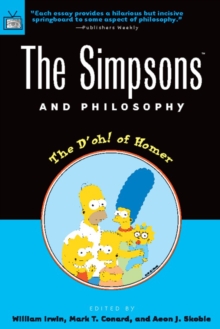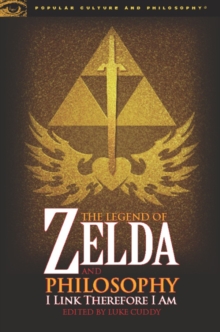
Hamilton and Philosophy : Revolutionary Thinking Paperback / softback
Edited by Aaron Rabinowitz, Robert Arp
Part of the Popular Culture and Philosophy series
Paperback / softback
Description
In Hamilton and Philosophy, professional thinkers expose, examine, and ponder the deep and controversial implications of this runaway hit Broadway musical. One cluster of questions relates to the matter of historical accuracy in relation to entertainment. To what extent is Hamilton genuine history, or is it more a reflection of America today than in the eighteenth century?
What happens when history becomes dramatic art, and is some falsification of history unavoidable?
One point of view is that the real Alexander Hamilton was an outsider, and any objective approach to Hamilton has to be that of an outsider.
Politics always involves a debate over who is on the margins and who is allowed into the center. Then there is the question of emphasizing Hamilton’s revolutionary aspect, when he was autocratic and not truly democratic.
But this can be defended as presenting a contradictory personality in a unique historical moment.
Hamilton’s character is also one that blends ambition, thirst for fame, and concern for his immortal legacy, with inability to see his own limitations, yet combined with devotion to honor and the cultivation of virtue. Hamilton’s evident ambition led him to be likened to Macbeth and Shakespearean tragedy can explain much of his life.
Information
-
Out of Stock - We are unable to provide an estimated availability date for this product
- Format:Paperback / softback
- Pages:288 pages, Illustrations, unspecified
- Publisher:Open Court Publishing Co ,U.S.
- Publication Date:27/07/2017
- Category:
- ISBN:9780812699609
Information
-
Out of Stock - We are unable to provide an estimated availability date for this product
- Format:Paperback / softback
- Pages:288 pages, Illustrations, unspecified
- Publisher:Open Court Publishing Co ,U.S.
- Publication Date:27/07/2017
- Category:
- ISBN:9780812699609










